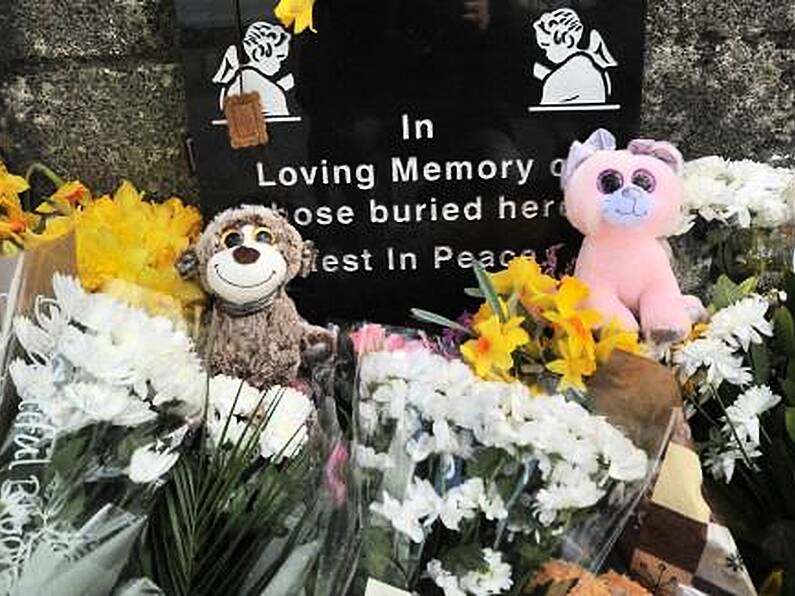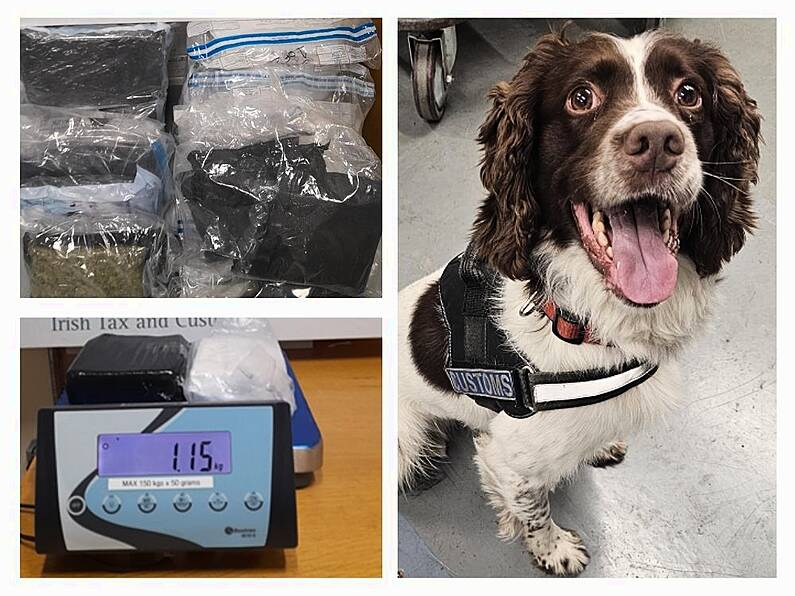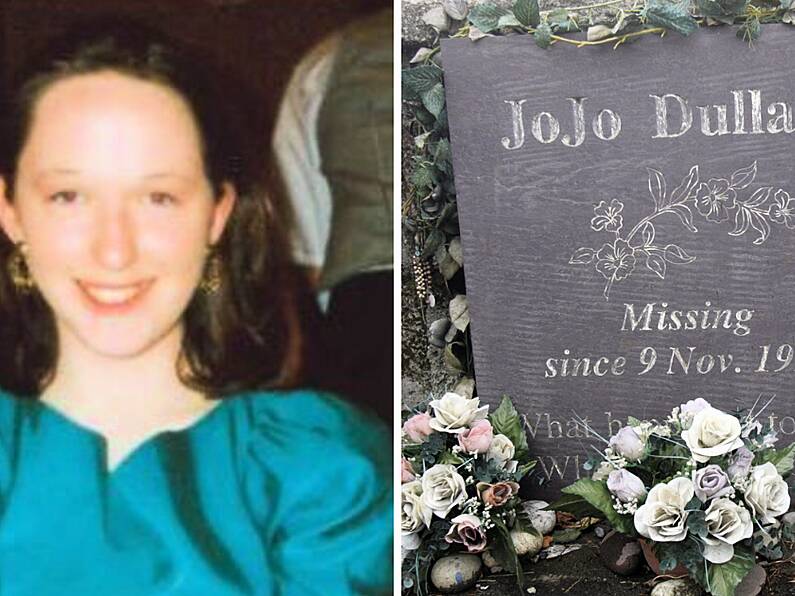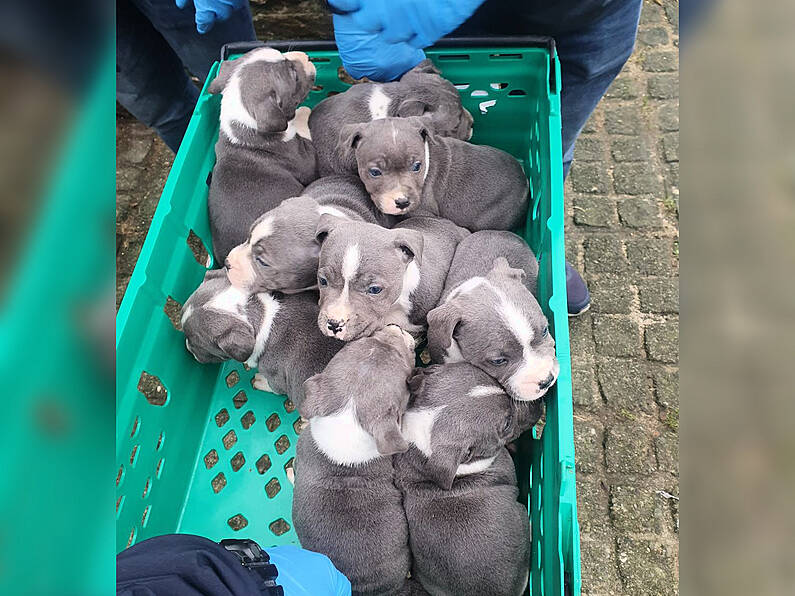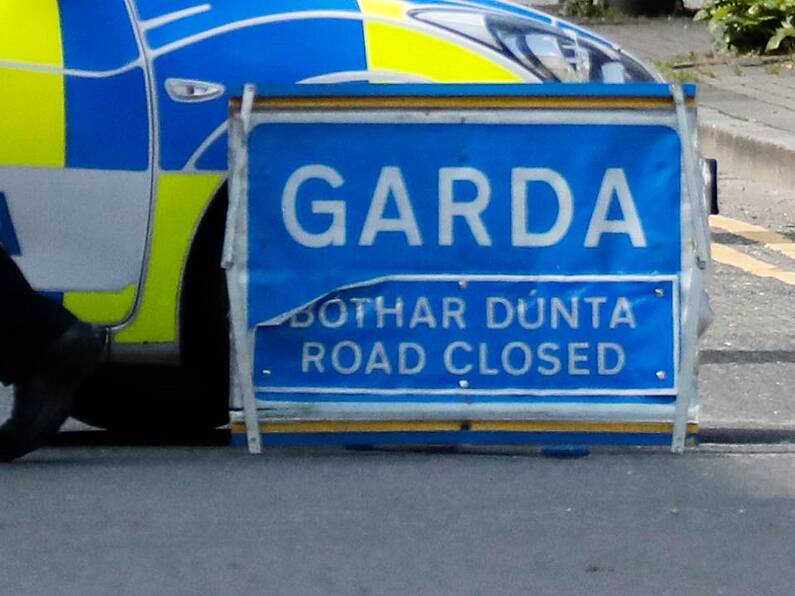A report examining if it is possible to start taking DNA samples from survivors of the Tuam Mother and Baby Home will be completed within eight weeks.
It comes following a call from the Tuam Home Survivors’ Network earlier this month. The group asked that DNA samples be gathered from survivors as soon as possible in light of the age profile and health status of survivors.
The purpose of collecting samples would be to have a database available to compare against any DNA profiles which may be generated from the juvenile human remains found at the site and, if possible, to make positive identifications.

Children's Minister Katherine Zappone has asked special rapporteur on child protection Dr Geoffrey Shannon to examine whether it is possible to meet this request within the current legislative framework.
This examination will be done in the context of what is scientifically possible. The report will be completed within eight weeks.
- Dr Shannon has been asked to make particular reference to:
- the collection of biological samples for comparison purposes;
- how best to ensure that the rights of those who wish to give biological samples could be safeguarded in respect of sensitive personal data and informed consent.
- the extent to which any relevant family rights under Article 8 of the European Convention on Human Rights (ECHR) might apply
Last October, Dr Shannon published a report on the human rights issues arising from the discovery of infant remains in Tuam, in which he specifically indicated that Article 8 of the European Convention on Human Rights likely applies in the case of Tuam and could be more broadly applied with regard to similar discoveries at other institutions.
"Family members may possess the right to have their loved one's body returned to them. Moreover, relatives may have a right to know the fate of their family members, including information surrounding the death and/or burial of loved ones."
"A failure to provide relatives with definitive and/or credible information may fall foul of the positive obligation under Article 8, even where the death occurred before the Convention came into force in the relevant country, where the failure to provide information continues following the coming into force of the ECHR," said the report.
Dr Shannon also stated that the State may be party to the “continuing offence” of preventing a lawful and decent burial unless it fully exhumes, sorts, and buries any infant remains found in unmarked plots connected to former mother and baby homes.
Ms Zappone said that DNA issues will ultimately be addressed within "the bespoke legislation" currently being scoped by her Department.
"However, I am very sympathetic to the concerns of survivors that their ages and health profiles introduce an element of urgency," she said.
